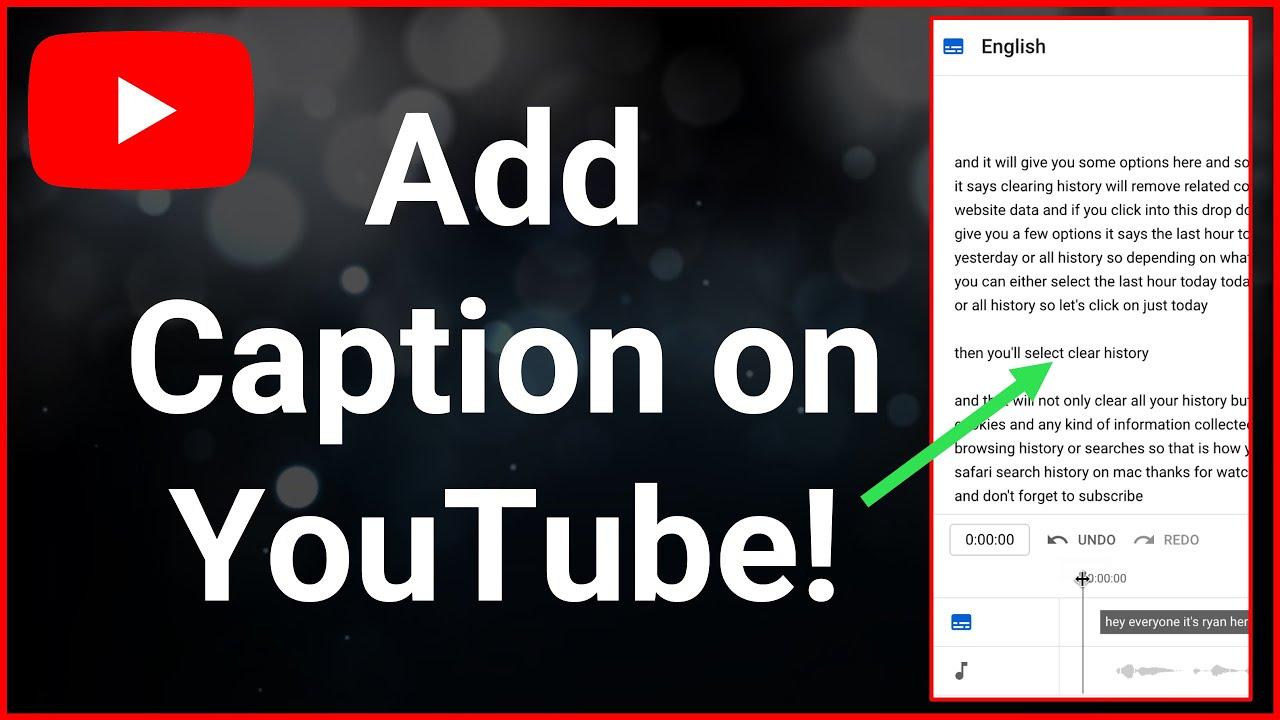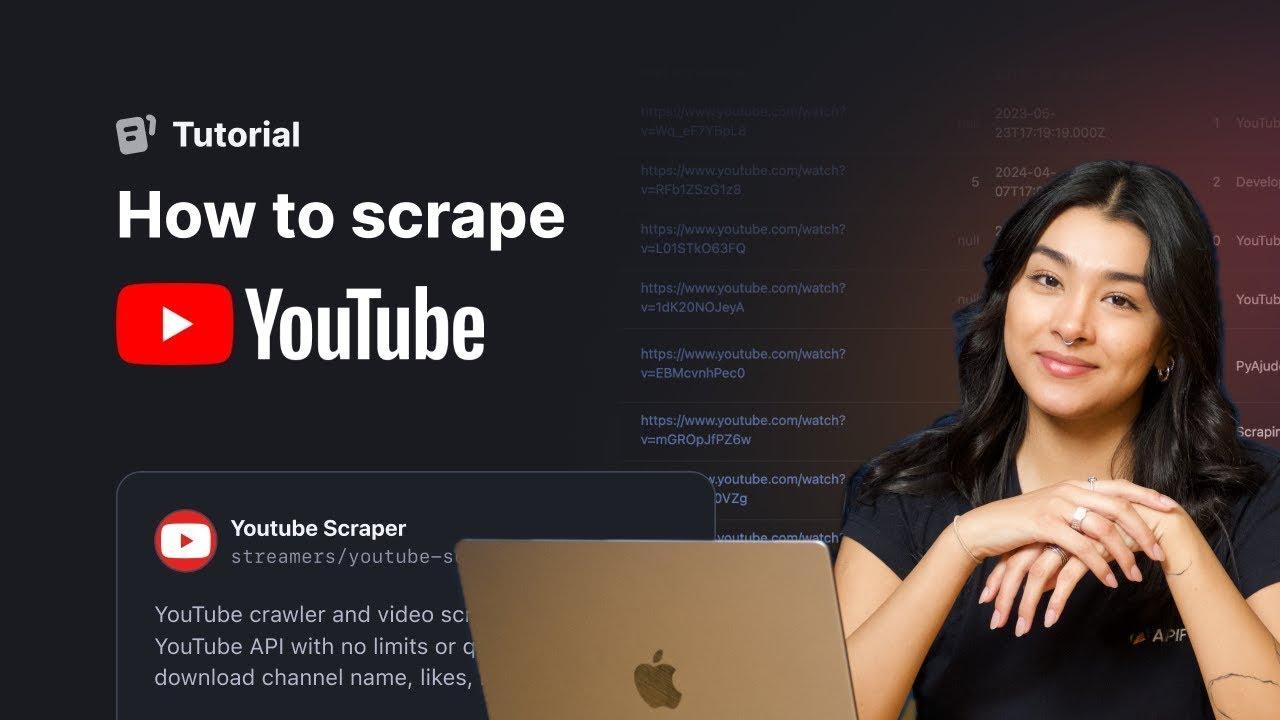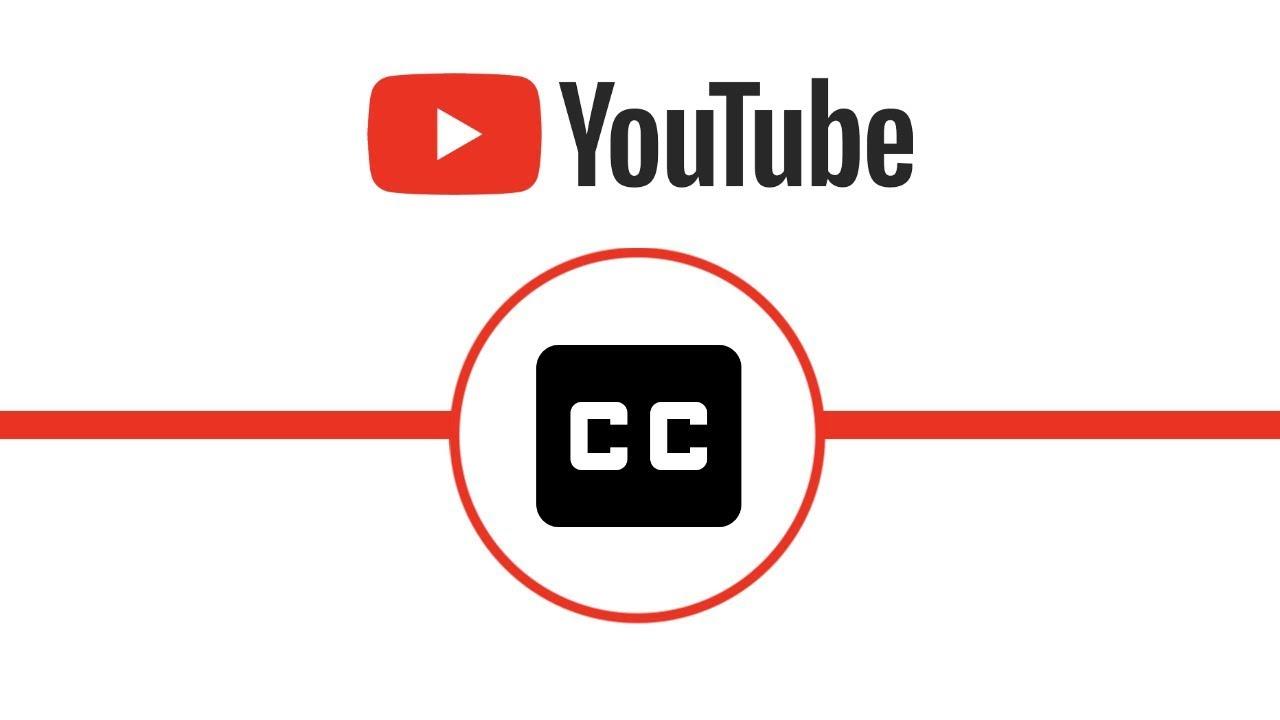In the vast digital expanse of YouTube, subtitles are more than just text on a screen—they’re gateways to accessibility, comprehension, and even creativity. But what happens when you want to extract these subtitles for your own use? Whether for research, analysis, or personal projects, the question of legality hangs in the air like a muted pause in a video. Is scraping YouTube subtitles a harmless act of resourcefulness, or does it cross the line into murky ethical and legal waters? This article dives into the intriguing world of subtitle extraction, exploring the tools, techniques, and boundaries that define this digital endeavor.Let’s unravel the threads of this complex tapestry and discover whether unlocking YouTube subtitles is a right, a privilege, or a risky proposition.
Understanding YouTube Subtitles and Their legal Landscape
YouTube subtitles are a powerful tool for enhancing accessibility, improving SEO, and reaching a global audience. They allow creators to make their content more inclusive for viewers with hearing impairments and non-native speakers. Though,the process of obtaining these subtitles frequently enough raises questions about legality. Scraping subtitles—automatically extracting them from videos—can be a gray area, depending on how and why the data is used. While YouTube provides an API for accessing subtitles, using it without proper authorization or violating its terms of service can led to legal repercussions.
To navigate this landscape,it’s essential to understand the key considerations:
- API Usage: youtube’s API allows developers to access subtitles,but it requires adherence to strict guidelines and usage limits.
- Copyright Concerns: Subtitles are frequently enough considered derivative works, meaning they might potentially be protected under copyright law.
- Fair Use: In certain specific cases, scraping subtitles for research, education, or personal use may fall under fair use, but this is highly context-dependent.
| Method | Legality |
|---|---|
| Using YouTube API | Legal,with proper authorization |
| Manual Download | Legal,if for personal use |
| Automated scraping | Potentially illegal,violates terms |

How Scraping YouTube Subtitles Works: Tools and Techniques
Extracting subtitles from YouTube videos involves a mix of technical know-how and awareness of legal boundaries.Automated tools like browser extensions, APIs, and custom scripts can retrieve captions efficiently, but their legality depends on usage. As a notable example:
- Publicly available subtitles can frequently enough be scraped if used for research or accessibility.
- Private or auto-generated captions may fall under YouTube’s Terms of Service restrictions.
- Third-party libraries like YouTube Transcript API simplify extraction but require compliance with fair use policies.
| Tool | Best For | Legal Consideration |
|---|---|---|
| Browser Extensions | Swift, one-time downloads | Check YouTube’s TOS |
| Custom Python Scripts | Bulk scraping | Avoid redistributing content |
While scraping subtitles isn’t inherently illegal, ethical and legal risks arise when repurposing content without permission. Always verify copyright status and intended use—whether for translation, data analysis, or closed captioning.Tools like 4K Video Downloader or youtube-transcript-api offer convenience, but respecting creators’ rights ensures long-term compliance.
Legal Risks and Ethical Considerations of Subtitle Scraping
Scraping YouTube subtitles may seem like a quick way to access valuable content, but it comes with significant legal and ethical pitfalls. While subtitles are technically text data, they are protected under copyright law, meaning unauthorized extraction could violate YouTube’s Terms of Service or even intellectual property rights. Ethical concerns also arise—subtitles often reflect the creator’s original work, and scraping them without permission undermines their effort and potential revenue.
- Copyright infringement: Unauthorized use may lead to legal action.
- Platform violations: YouTube’s API policies restrict automated scraping.
- Creator rights: Subtitles are part of a video’s creative output.
| Risk Type | Potential Consequence |
|---|---|
| Legal Action | DMCA takedowns or lawsuits |
| Account Penalties | bans or restricted access |
Before scraping subtitles, consider alternatives like official APIs or direct permissions from creators. While fair use may apply in limited cases (e.g., research or accessibility), commercial or large-scale scraping is rarely defensible. Openness matters—always verify whether your use case aligns with ethical standards and legal boundaries to avoid unintended consequences.
Best practices for Accessing YouTube Subtitles Legally
Accessing YouTube subtitles can be a valuable resource for content creators, researchers, and language learners. however, it’s essential to ensure that your methods comply with YouTube’s Terms of service and copyright laws. Here are some best practices to follow:
- Use YouTube’s built-in Tools: YouTube provides an option to download subtitles directly from the video’s settings, provided the uploader has enabled this feature.
- Respect Copyright: Always seek permission from the video owner before using or repurposing subtitles, especially for commercial purposes.
- Leverage APIs: YouTube’s Data API allows developers to access subtitles programmatically,but ensure you adhere to their usage limits and guidelines.
For those looking to automate subtitle extraction,here’s a quick comparison of legal methods:
| Method | Legality | Ease of use |
|---|---|---|
| YouTube’s Download Option | Fully Legal | Easy |
| YouTube Data API | Legal with Limits | Moderate |
| Third-Party Scraping Tools | Potentially Illegal | Risky |
by following these guidelines,you can access YouTube subtitles responsibly while avoiding legal pitfalls. Always prioritize ethical practices to maintain a positive relationship with content creators and platforms.
The Conclusion
As we navigate the ever-evolving digital landscape, the question of scraping YouTube subtitles treads a fine line between innovation and ethics. While the allure of accessible, machine-generated text is undeniable, the legal and moral boundaries surrounding its use remain a gray area. Technology offers us the keys to unlock new possibilities, but it’s up to us to wield them responsibly. Whether you’re a content creator, researcher, or curious explorer, understanding the rules of the game ensures that your journey into the world of subtitles is both productive and principled. So, as you venture forth, remember: the power to extract knowledge comes with the responsibility to respect its source.Happy exploring—just tread lightly.

